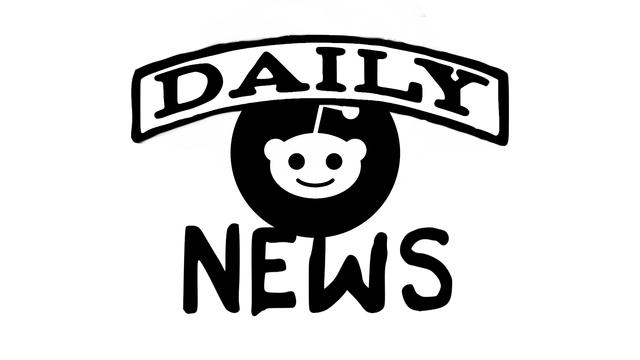#ResearchEthics #DigitalEthics “Community-level experiments impact communities, not just individuals.”
For me, one of the most important sentences in an overall thoughtful declaration by reddit moderators (available here https://www.reddit.com/r/changemyview/comments/1k8b2hj/meta_unauthorized_experiment_on_cmv_involving/)whose community was not only studied by UZH researchers, but also unethically manipulated by their undisclosed, egregious AI-bots.
More infos [in German] here: https://dnip.ch/2025/04/28/reddit-user-mit-ki-bots-getaeuscht-das-fragwuerdige-experiment-der-universitaet-zuerich/

